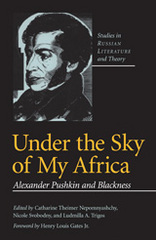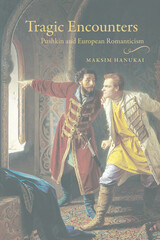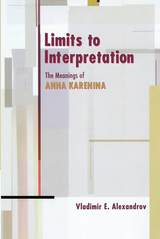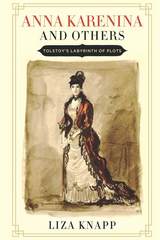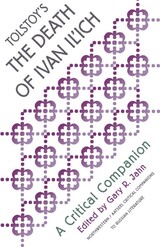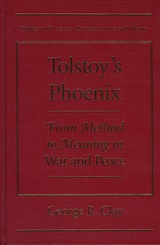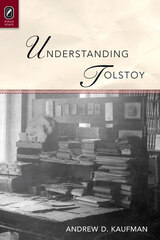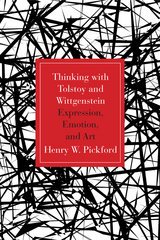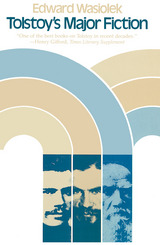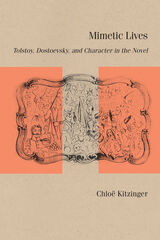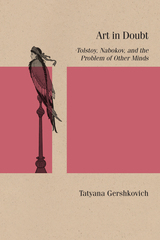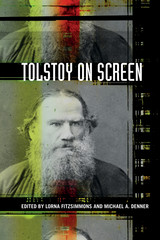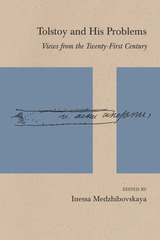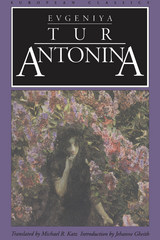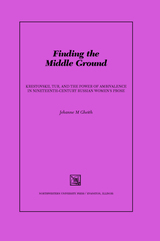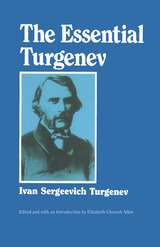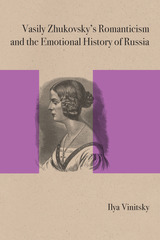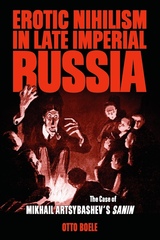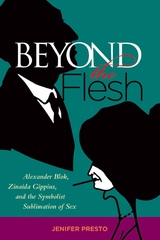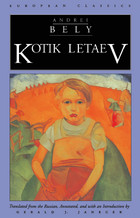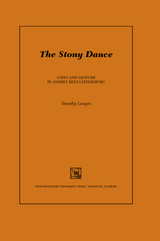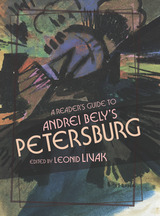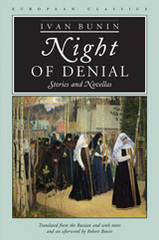Cloth: 978-0-8214-0053-1 | eISBN: 978-0-8214-4248-7
Library of Congress Classification PG3415.P5S513
Dewey Decimal Classification 891.73309
In the essays brought together in this volume Shestov presents a profound and original analysis of the thought of three of the most brilliant literary figures of nineteenth-century Europe—Dostoevsky, Tolstoy, and Nietzsche—all of whom had a decisive influence on the development of his own philosophy.
According to Shestov, the greatness of these writers consists in their deep probing into the question of the meaning of life and the problems of human suffering, evil, and death. That all three of them at times abandoned their probing and lapsed into the banality of preaching does not diminish their stature but shows only that there are limits to man’s capacity for looking unflichingly at reality.
Dostoevsky, Tolstoy, and Nietzsche are united, in Shestov’s view, by their common insight into the essential tragedy of human life—a tragedy which no increase in scientific knowledge and no degree of political and social reform can significantly mitigate but which can ultimately be redeemed only by faith in the omnipotent God proclaimed by the Bible.
In all three of his subjects Shestov sees a rebellion against the tyranny of idealist systems of philosophy, as well as a recognition that the supposedly universal and necessary laws discovered by science and the moral principles for which autonomous ethics claims eternal validity do not liberate man but rather crush and destroy him. This rebellion and this recognition are often suppressed by Dostoevsky, Tolstoy, and Nietzsche, byt they break forth again and again with overwhelming power.
In this provocative discussion of the novels and stories of the two celebrated Russian writers and of the essays and aphorisms of the solitary German philosopher whose genius was finally extinguished by insanity, Shestov finds ideas and insights that other critics have overlooked or the important of which they have not adequately understood. The value of his achievement has been widely recognized. Prince Mirsky, for example, does not hesitate to say in his authorative history of Russian literature that, as far as Dostoevsky is concerned, Shestov is undoubtedly his greatest commentator.
The reader will find in these remarkable studies of the men who exercised the strongest intellectual influence on the young Shestov the beginnings of the Russian philosopher’s own lifelong polemic against idealism, scientism, and conventional morality, as well as the first gropings of the quest for faith in the Biblical God that was to become the leitmotif of all his thinking and writing in the last decades of his life.
See other books on: 1821-1881 | 1844-1900 | Dostoyevsky, Fyodor | Nietzsche | Nietzsche, Friedrich Wilhelm
See other titles from Ohio University Press

